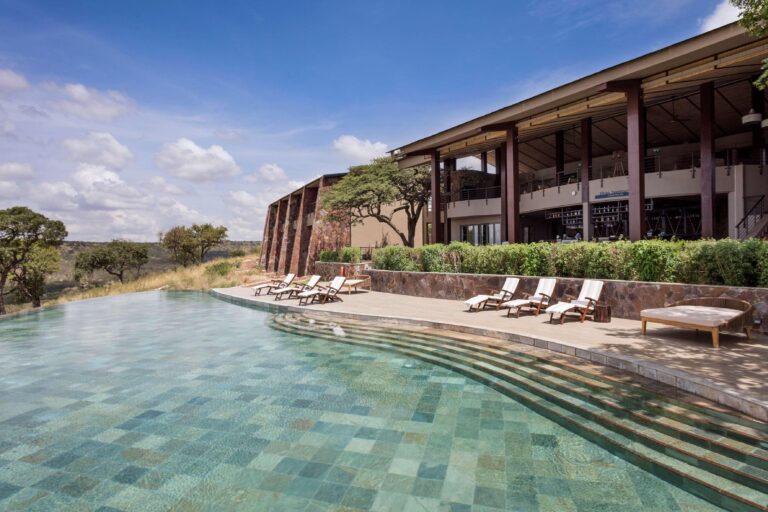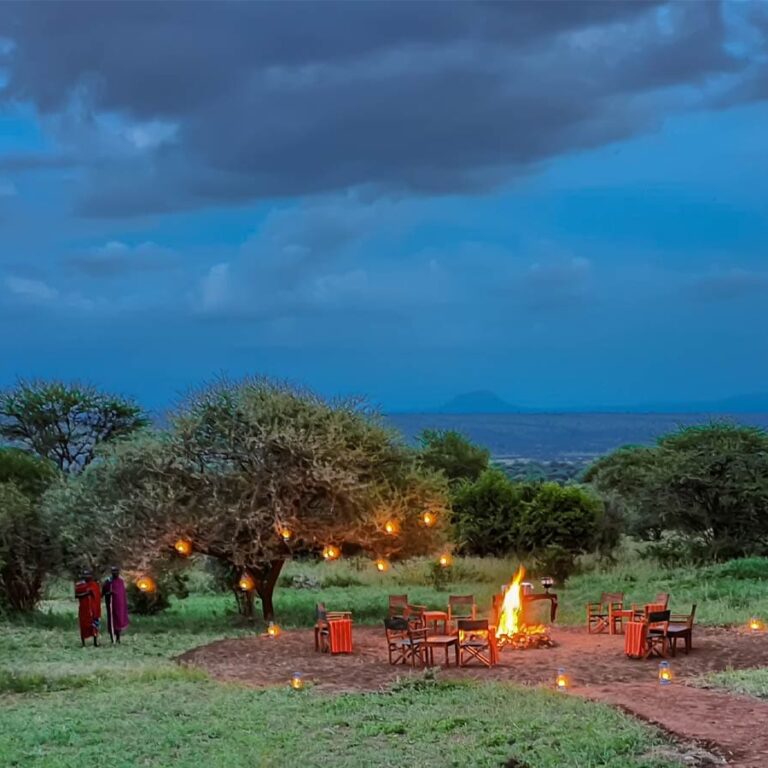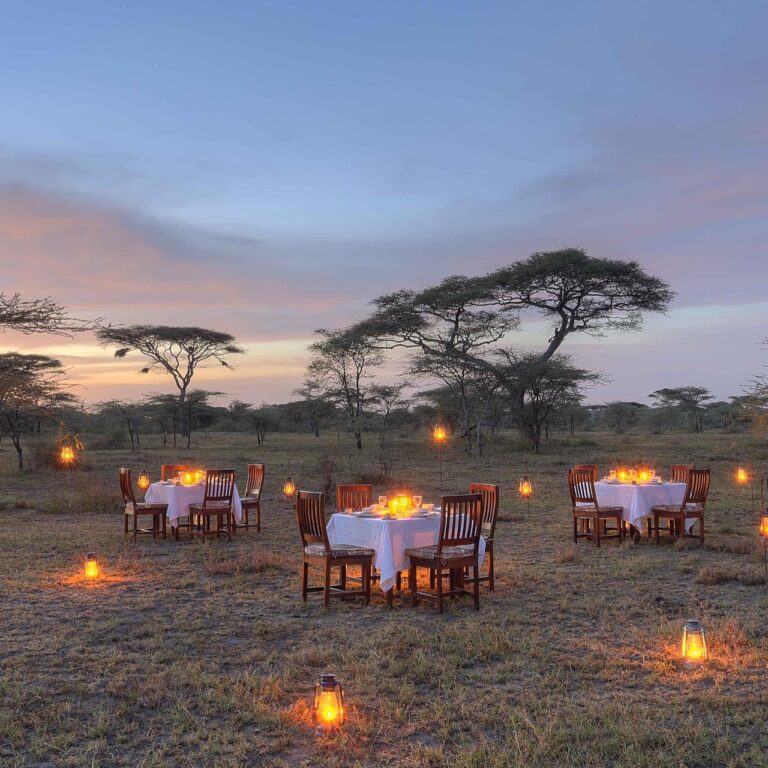Why Tanzania Safari Holidays Aren’t Cheap?
Tanzania, with its iconic landscapes and diverse wildlife, is a dream destination for safari enthusiasts. From the Serengeti’s vast plains to the breathtaking Ngorongoro Crater. The country offers a safari experience that many consider once-in-a-lifetime. However, this unparalleled adventure comes with a significant price tag. A safari in Tanzania is a premium experience, and the cost reflects several key factors. Here’s a closer look at why Tanzania safari holidays aren’t cheap, despite the allure of their promise.
1. High Operational Costs
Operating a safari in Tanzania involves considerable expenses. The cost of maintaining and running safari vehicles is substantial. These vehicles are specially designed for the rough terrain. And are equipped with high-quality suspension systems. Which require frequent and costly maintenance. Furthermore, the logistics of fueling these vehicles for long distances. Across rugged terrain adds to the expense.
In addition, safari lodges and camps in Tanzania are often remote. Necessitating the transportation of supplies and staff over long distances. This logistical challenge significantly inflates the operational costs.
2. Exclusive Accommodation
Tanzania’s safari lodges and camps are renowned for their exclusivity and luxury. Many are located in pristine wilderness areas and offer an intimate experience with nature. Accommodations range from luxurious tented camps with en-suite bathrooms and private decks to high-end lodges with panoramic views and gourmet meals. The cost of building and maintaining such high-end facilities in remote locations contributes to the overall expense of a safari holiday.
Moreover, many lodges and camps are situated in private conservancies or national parks where the cost of land is high. This exclusivity often comes with a higher price tag, as these establishments offer a more secluded and personalized experience compared to more budget-friendly options.
3. Conservation Fees and Park Entry Costs
Tanzania’s national parks and conservation areas are protected and managed with a focus on preserving their natural beauty and biodiversity. To support these conservation efforts, visitors are required to pay park entry fees, which can be quite substantial. These fees are crucial for maintaining the infrastructure within the parks, funding anti-poaching initiatives, and supporting local conservation projects.
The cost of these fees is often included in the price of safari packages, which can make the overall cost of a safari seem steep. However, it is essential to recognize that these fees are an investment in the long-term sustainability of Tanzania’s unique wildlife and landscapes.
4. Expert Guides and Rangers
A key component of a successful safari is the expertise of guides and rangers who lead the tours. These professionals are highly trained and possess extensive knowledge of the local wildlife, ecosystems, and cultural heritage. Their skills are crucial for providing a safe and enriching safari experience.
The training and ongoing education required to become a professional guide are significant. Additionally, the cost of employing skilled guides and rangers is reflected in the price of safari packages. Their expertise not only enhances the experience but also ensures that safaris are conducted in a responsible and environmentally conscious manner.
5. Seasonal Demand and Exclusivity
The demand for safaris in Tanzania often fluctuates based on the season. The peak tourist season, which typically coincides with the Great Migration and favorable weather conditions, sees higher prices due to increased demand. During these periods, lodges and camps operate at full capacity, and the cost of safari packages reflects this seasonal demand.
In contrast, during the off-season, while prices may be lower, the experience may be different. Some lodges and camps close during this time, and wildlife sightings can be less predictable. The exclusivity and high demand during peak seasons contribute to the premium pricing of safari holidays.
6. Sustainable Tourism Practices
Tanzania’s commitment to sustainable tourism practices also plays a role in the cost of safari holidays. Many safari operators and lodges are dedicated to minimizing their environmental impact and supporting local communities. This commitment involves investing in eco-friendly technologies, supporting conservation programs, and providing fair wages to local staff.
These practices, while beneficial for the environment and local communities, often come with additional costs. The emphasis on sustainability and ethical tourism is reflected in the pricing of safari packages, as operators strive to balance providing an exceptional experience with their environmental and social responsibilities.
7. Travel and Logistics
Getting to Tanzania itself involves considerable travel expenses. International flights to Tanzania can be costly, and travelers may also need to make connecting flights to reach safari destinations. Once in Tanzania, additional costs for internal flights, transfers, and other logistics can add up.
For those opting for luxury safari experiences, private charters and exclusive transfers further contribute to the overall cost. The complexity of organizing and coordinating travel logistics in a remote and vast country is a significant factor in the high price of safari holidays.
8. Full Board Accommodation:
Safari lodges and camps in Tanzania offer luxurious, full-board accommodations, including gourmet meals, high-quality service, and often exclusive settings. This comprehensive package ensures a comfortable and immersive experience, but it comes at a price. The expense of maintaining high standards in remote locations adds significantly to the cost.
9. Park Fees and Regulations:
Tanzania’s national parks and conservation areas impose substantial fees to support their conservation efforts and manage their infrastructure. These fees are vital for protecting wildlife and maintaining park facilities, but they also contribute to the overall expense of a safari. Regulations ensuring responsible tourism further add to operational costs, reflecting a commitment to sustainable and ethical practices.
10. Lack of Infrastructure:
Many safari lodges and camps are situated in remote areas, far from established infrastructure. The lack of nearby services means that all supplies and services must be transported over long distances, increasing costs. Maintaining safari vehicles, managing logistics, and providing services in such locations are costly endeavors, which are inevitably passed on to the traveler.
In summary, the cost of a Tanzanian safari encompasses luxurious full-board accommodation, significant park fees, and the challenges of operating in remote areas. These elements together ensure a unique and high-quality experience, justifying the premium price.
Final thought: why Tanzania Safari Arent Cheap?
A safari in Tanzania is not just a holiday; it’s an investment in an extraordinary experience. The high costs associated with safari holidays reflect the quality, exclusivity, and conservation efforts that define this unique adventure. From the expertise of guides and the luxury of accommodations to the conservation fees and logistical challenges, each element contributes to the overall expense.
Despite the price, many travelers find that the experience is worth every penny. The chance to witness the raw beauty of the Serengeti, the majesty of the Ngorongoro Crater, and the incredible diversity of wildlife in their natural habitat is a reward that justifies the investment. For those seeking an unforgettable adventure in one of the world’s most remarkable destinations, a Tanzanian safari remains a cherished and unparalleled experience.








